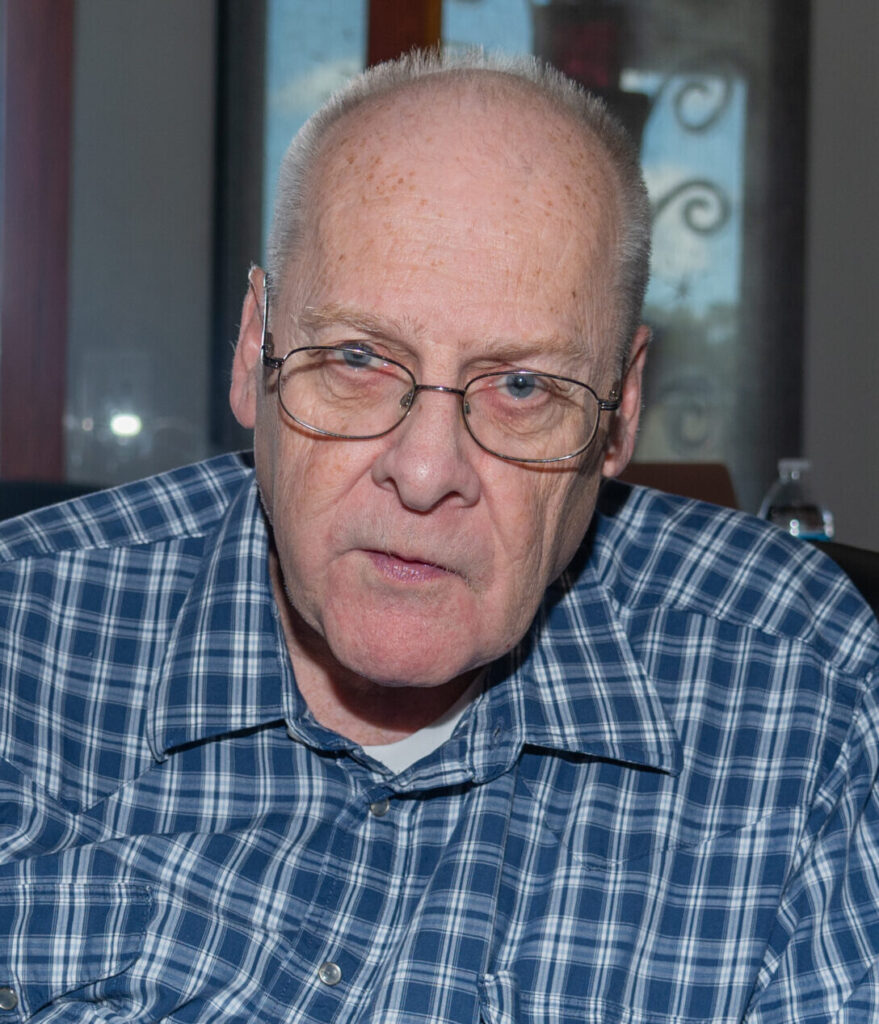BY GREG MARKLEY
OPINION —
Imagine a new U.S. Border Patrol agent getting his duty assignment and telling a friend: “Well, I guess I will have to go to supply and pick up snowshoes.” His friend says, “What?” Reply: “Yes, I am going to one of the places where illegal border crossings are increasing — our northern border.”
“Most discussion about our border has to do with the southern border,” said U.S. Sen. Jeanne Shaheen (D-N.H.) in a recent hearing of the Senate Appropriations Committee. “But in fact, what we’re seeing is increasing encounters across our northern border, up 500 percent. In particular, the Border Patrol section which covers five counties in New York, Vermont and New Hampshire.”
According to U.S. Sen. Katie Britt (R-Ala.), there have been almost 8 million illegal crossings at the southern border since President Joe Biden took office in January 2021. In excess of 6 million were encountered by the U.S. Border Patrol and law enforcement and released, while about 1.5 million are “got-aways.” Those are cases where law enforcement never even talked to them and so has no idea who they are and where they are going.
“When an individual is encountered at the southern border and claims asylum, due to the backlog it takes about 10 years to process their claim and render a final judgment on whether or not they can stay in the country,” notes a Britt press release. “Immigration and Customs Enforcement only has 6,000 officers that can perform these duties — each officer would need to deport 167 people in a year.”
In previous testimony, Britt reminded Alejandro Mayorkas, U.S. Secretary of Homeland Security, that nine months previous he reported there were 6,610 encounters at the southern border. By Nov. 6, that number was 8,500. The cabinet member was hesitant to call the border situation a “crisis,” although he agrees it is a challenging state of affairs.
“Senator, let me make this point,” Mayorkas said. “It is very, very important because I’ve been asked to describe it as a disaster. Would I describe it as a crisis? I do not diminish the significance and the complexity … I do not diminish…”
Britt jumped in and said “Well, I only have five minutes and I only have three left. So, is it a crisis, yes or no?” Mayorkas could not tag it as one. “We don’t need to manage the border,” Britt continued. “We actually need to secure it. So, in doing that, this administration has kind of had different positions, and I want to clarify it. Do you believe that a border wall is part of the answer, yes or no?” “No,” Mayorkas said.
Mayorkas is a native of Havana, Cuba. After the Fidel Castro Revolution in 1959, his family fled to Florida when he was one year old. He is the first Latino and first immigrant in charge of the massive domestic security agency that not only enforces U.S. immigration laws, but combats terrorism, safeguards ports and borders, and pursues other missions.
A history major at the University of California-Berkeley, Mayorkas must be aware of the fate that befalls countries with insecure borders — they have major disasters on their hands. He must have wide sympathy for immigrants because of his family’s remarkable journey to our nation.
So why does he not call the illegal immigration a crisis? He could be concerned about legality, as he is an attorney. Or perhaps he has little flexibility in his leadership of the department — he cannot even use certain works without checking with the White House. It’s a conundrum that must be solved.
Meanwhile, U.S. Sen. Tommy Tuberville (R-Ala.), in his weekly radio talk, said the Biden Administration continues to “roll out the welcome mat at the southern border” for illegal immigrants. He added that October was another monthly high for illegal border crossings. Tuberville supports a new piece of legislation to put up another wall.
“Thirteen people were caught on the terrorist watch list,” Tuberville noted. “A report this week estimated the open border is costing American taxpayers as much as $450 billion every year.” (The FBI says anyone they say were “involved in terrorist activities” could be on the watch list. A DHS official cautioned that “one should not immediately conclude” why someone is on the watch list.)
And what about that Border Patrol agent who was headed to the northern border? He may learn in New Hampshire that an intrusive type of rock is being installed at their border, after a 500 percent increase in illegal immigrants. After all, New Hampshire is known as the Granite State.
Greg Markley moved to Lee County in 1996. He has a master’s in education from AUM and a master’s in history from Auburn University. He taught politics as an adjunct in Georgia and Alabama. An award-winning writer in the Army and civilian life, he has contributed to the Observer since 2011. He writes on politics, education and books.
